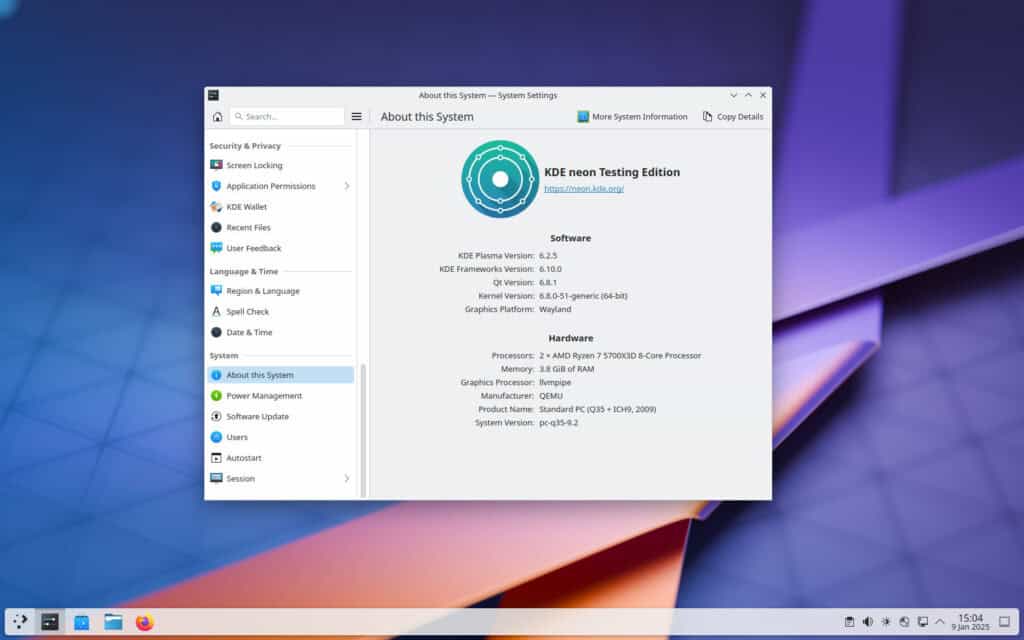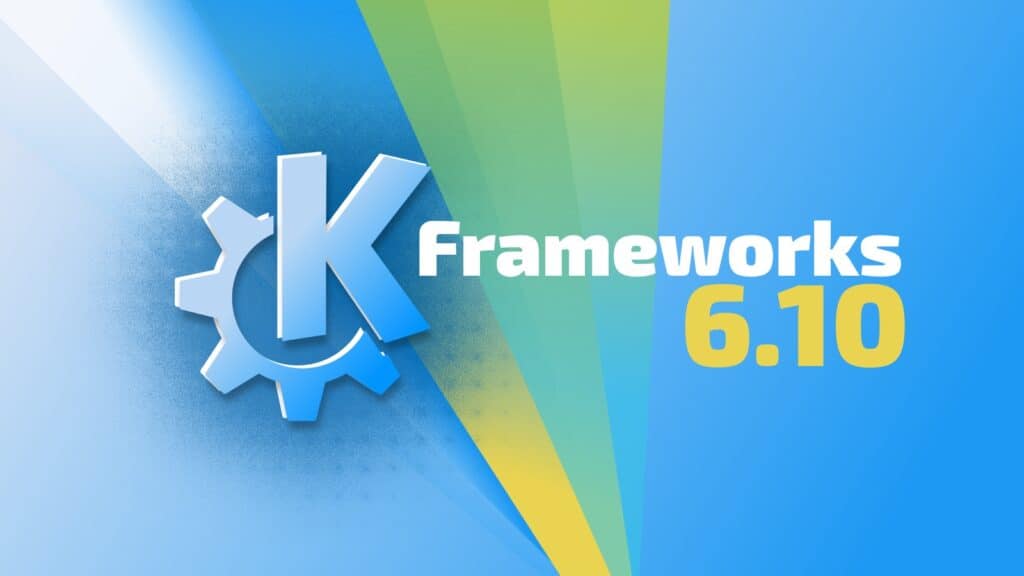Less than a month after its previous 6.9 release, KDE announced the launch of Frameworks 6.10, expanding its collection of addon libraries to Qt and enhancing functionality available to developers across various platforms.
Before we start with the novelties, I want to mention that the project also announced the availability of the KDE Gear 24.12.1 apps collection today. Definitely a busy day for KDE. Now, back to the topic.
One of the highlights of the new Frameworks release is that the Breeze Icons component now includes a symbolic version of several icons—such as preferences-security, preferences-desktop-emoticons, and the open-link-symbolic icon—ensuring a more uniform and modern look for applications.
Meanwhile, KTextEditor introduces a convenient “Paste From File” feature, enabling users to insert content directly into their current text document. This enhancement should make workflows more fluid, particularly for those who frequently combine multiple text sources.
In addition, KImageformats sees major improvements in the DDS plugin, addressing past instability issues and delivering expanded read/write support for various DDS formats.

It is worth noting that developers will also benefit from changes in Extra CMake Modules, including the option to make documentation building optional, further streamlining the development process.
Several key components now also boast better accessibility and stability. For example, Kirigami widgets incorporate refined default accessibility roles in their UI elements, making the software more inclusive for everyone.
Lastly, KGuiAddons addresses crash scenarios on systems that do not support the shortcut inhibit protocol, improving overall reliability.
For those interested in getting hands-on with KDE Frameworks 6.10, the software is available for download on KDE’s official website. Instructions for compiling from source are provided for those who prefer a more customized installation.
On Linux, the recommended approach is to install binary packages from your distribution’s repositories.
Visit the official release announcement for more detailed information about KDE Frameworks 6.10, including a full list of updates and bug fixes.
